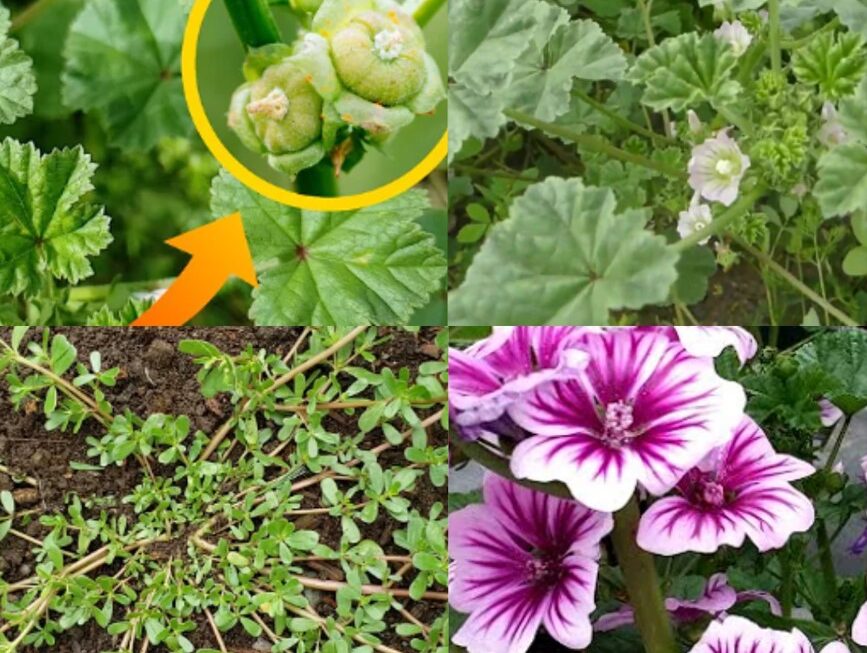Discover the multifaceted health benefits of Malva neglecta and Malva sylvestris, two potent herbs renowned for their therapeutic properties. Here’s a streamlined guide to leveraging these plants for your health and well-being:
Health Benefits and Uses
Digestive Health: Malva species are known for their mucilaginous content, soothing the digestive tract and alleviating issues like gastritis, IBS, and heartburn. Brew tea from the leaves and flowers for a protective effect.
Respiratory Relief: These herbs offer expectorant properties, easing symptoms of colds, bronchitis, and sore throats. Consume as tea or syrup to help with coughs and respiratory discomfort.
Anti-inflammatory: Benefit from their anti-inflammatory powers to reduce swelling and pain, useful in treating arthritis and muscle aches.
Immune Support: Rich in antioxidants and vital nutrients like vitamins A and C, they boost the immune system and protect against oxidative stress.
Urinary Health: Acting as diuretics, they help flush toxins from the urinary tract, reducing infection risks and soothing inflammation.
Skin Care: Applied topically, they soothe skin irritations, expedite healing, and moisturize, benefiting conditions like eczema and dermatitis.
Antioxidant Rich: Their antioxidants support cardiovascular health by managing blood pressure and cholesterol levels.
Culinary Use: Edible parts of these plants can be used in salads, soups, and stews, adding flavor and health benefits to meals.
Practical Application
Teas and Infusions: For digestive or respiratory aid, steep 1-2 teaspoons of dried leaves or flowers in boiling water for 10-15 minutes. For a stronger infusion, steep a handful of leaves overnight, then strain for use in skin washes or cream bases.
Topical Poultices: Crush fresh leaves into a pulp for direct application on irritated skin or wounds, securing with a bandage.
Preservation
Dry the leaves and flowers in a warm, airy place away from sunlight. Once dry, store in airtight containers in a cool, dark area to maintain their medicinal properties.
Incorporating these versatile herbs into your routine, whether for medicinal purposes or as a nutritional boost in your diet, can offer comprehensive health benefits. Always consult with a healthcare professional before adding new herbal remedies to your regimen.



